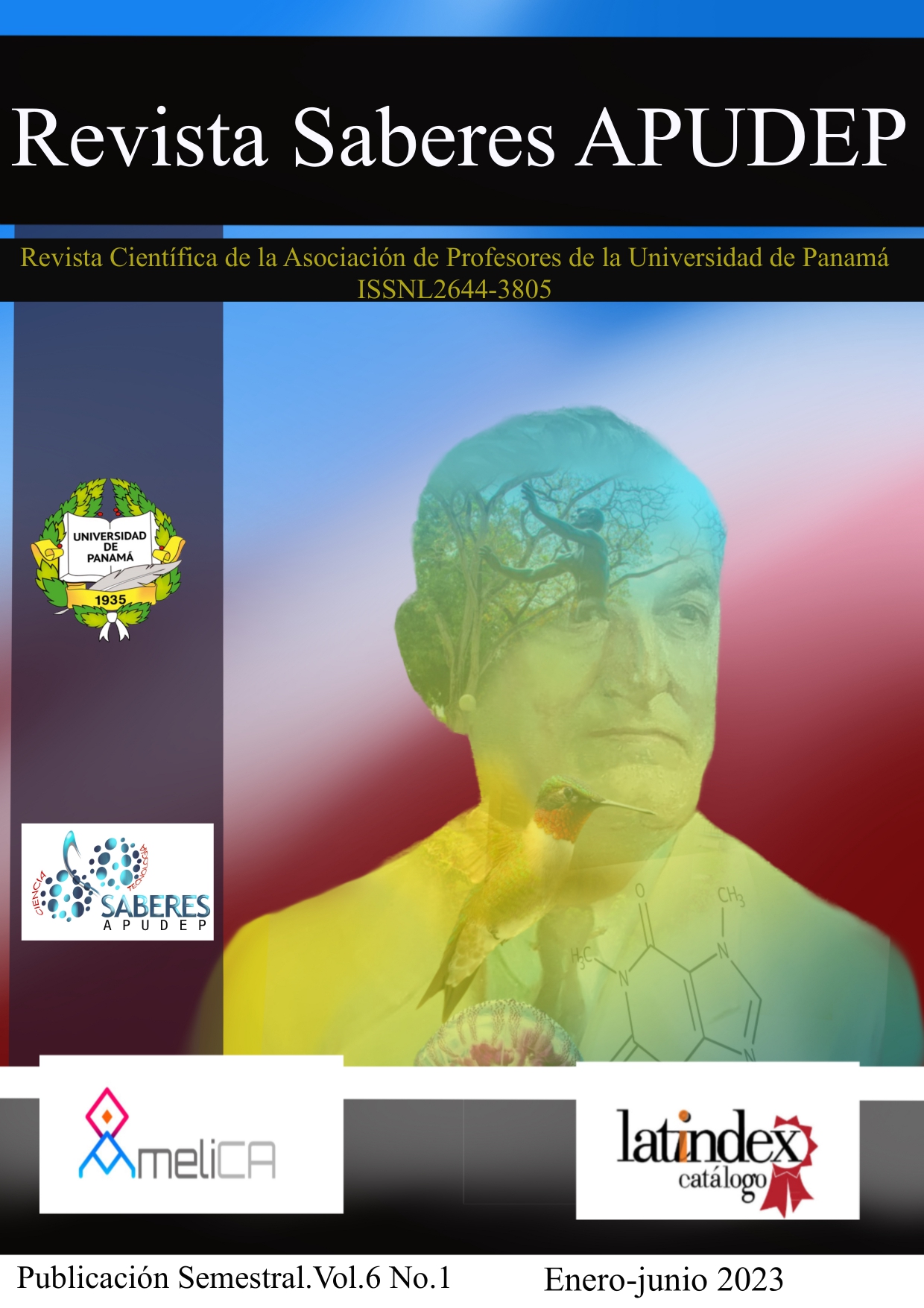


This work is licensed under a Creative Commons Attribution-NonCommercial-ShareAlike 4.0 International License.
The crime of money laundering has become an area of ??knowledge studied through various theories that identify the dimension of who assumes it and their motivations, being a very active phenomenon in the financial and non-financial sectors, but particularly when inserted into the banking system undermines the economic health of countries. With a methodological approach of a documentary-descriptive and longitudinal type, the article explains the bank criminal typologies around money laundering, using the motivations and costs of this criminal phenomenon from the point of view of the economy of crime and the Theory of Rational Choice, outlining its origins and explaining how economic crime becomes a choice that occurs when an individual rationally weighs whether the expected utility exceeds the utility that could be obtained by using their time and resources in other activities. The results expose the phenomenon product of economic rationality that involves the cost-benefit analysis in individual behavior that stimulates that preference by filtering illicit profits to the legal financial system, which leads to study from the epistemological position of methodological individualism, showing how the phases of money laundering can be carried out by the individual separately or jointly.